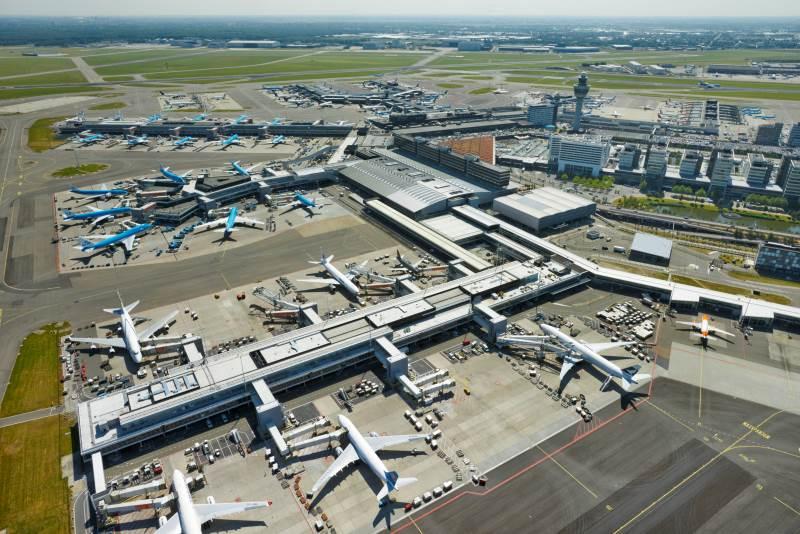Schiphol Drops New Runway; Plans Ban On Private Jets To Reduce Noise

Credit: Schiphol Airport
Amsterdam Airport Schiphol has issued a proposal to abandon plans to build an extra runway, ban private jets, and tighten limits on night flying to reduce noise—a move that has drawn “astonishment” from KLM Royal Dutch Airlines, which has its base there. KLM Royal Dutch Airlines said it was...
Subscription Required
This content requires a subscription to one of the Aviation Week Intelligence Network (AWIN) bundles.
Schedule a demo today to find out how you can access this content and similar content related to your area of the global aviation industry.
Already an AWIN subscriber? Login
Did you know? Aviation Week has won top honors multiple times in the Jesse H. Neal National Business Journalism Awards, the business-to-business media equivalent of the Pulitzer Prizes.
